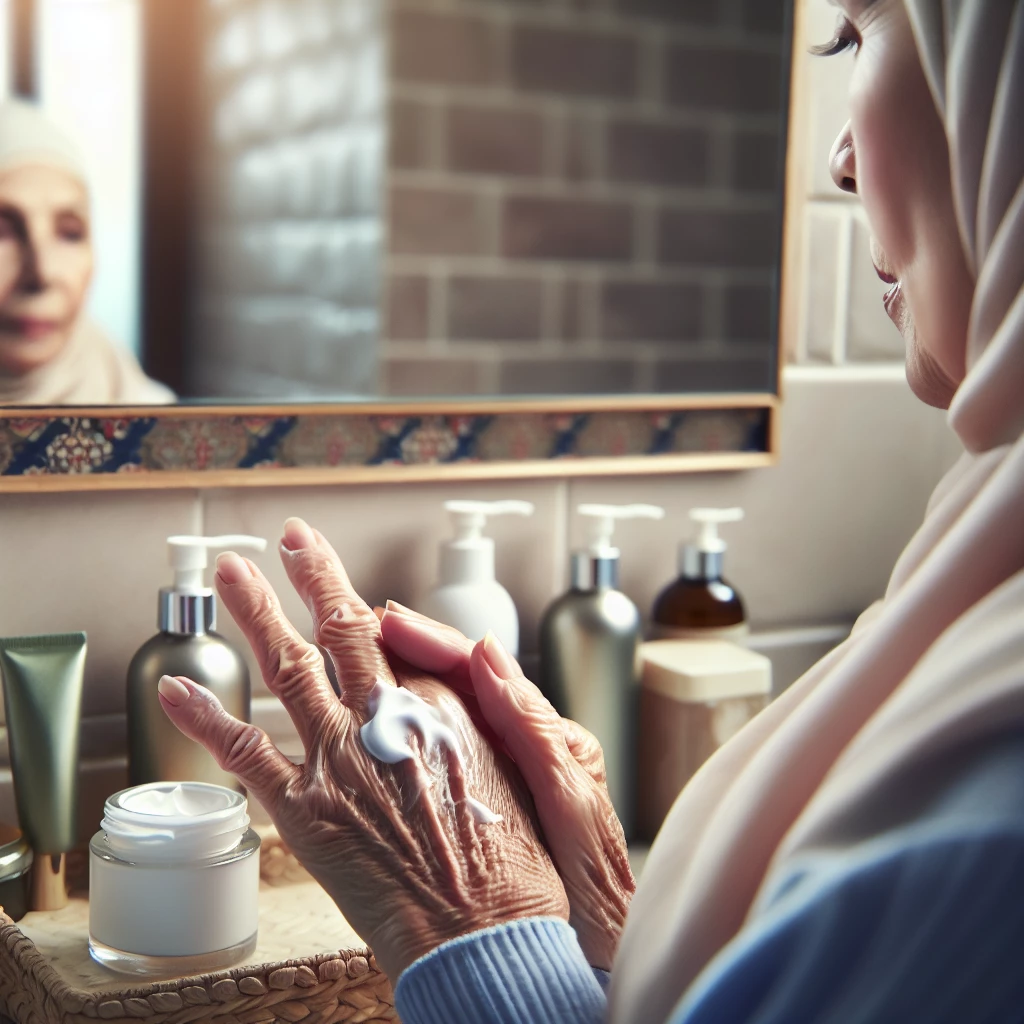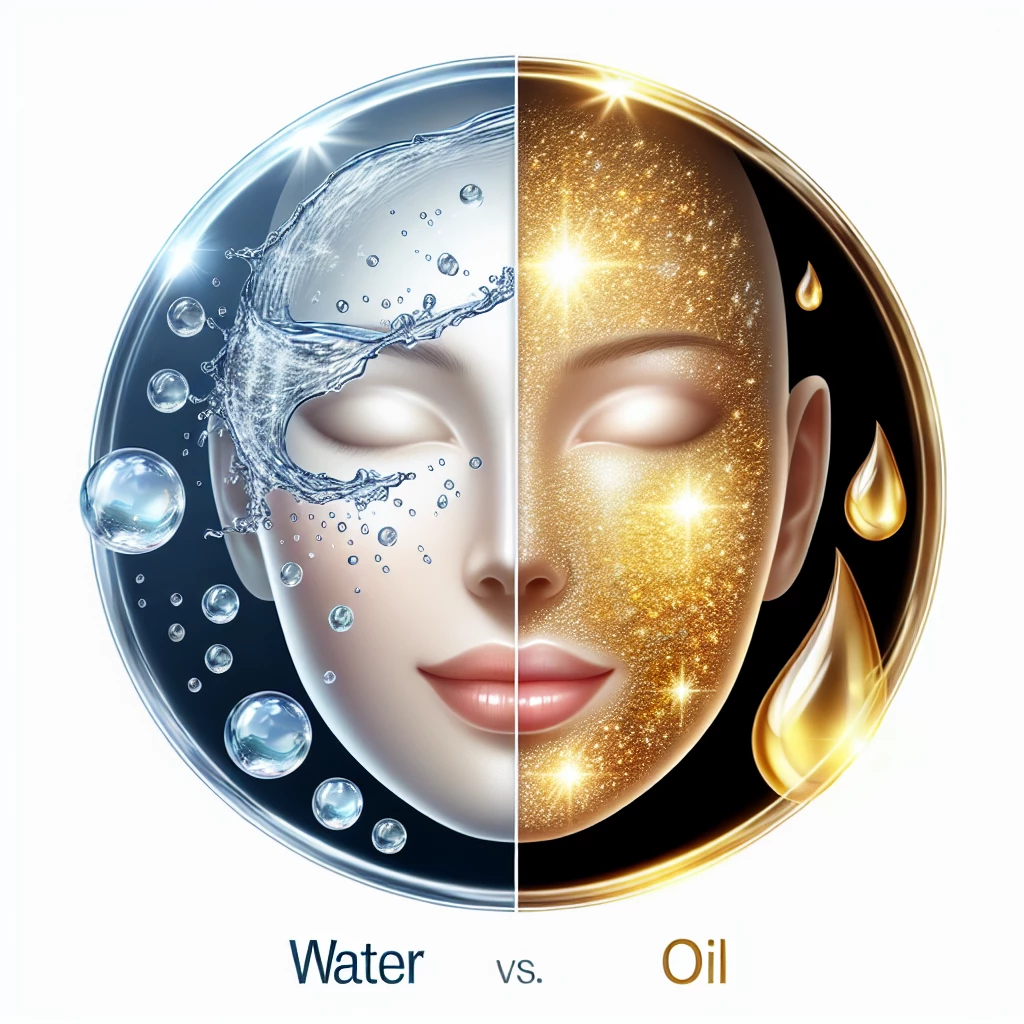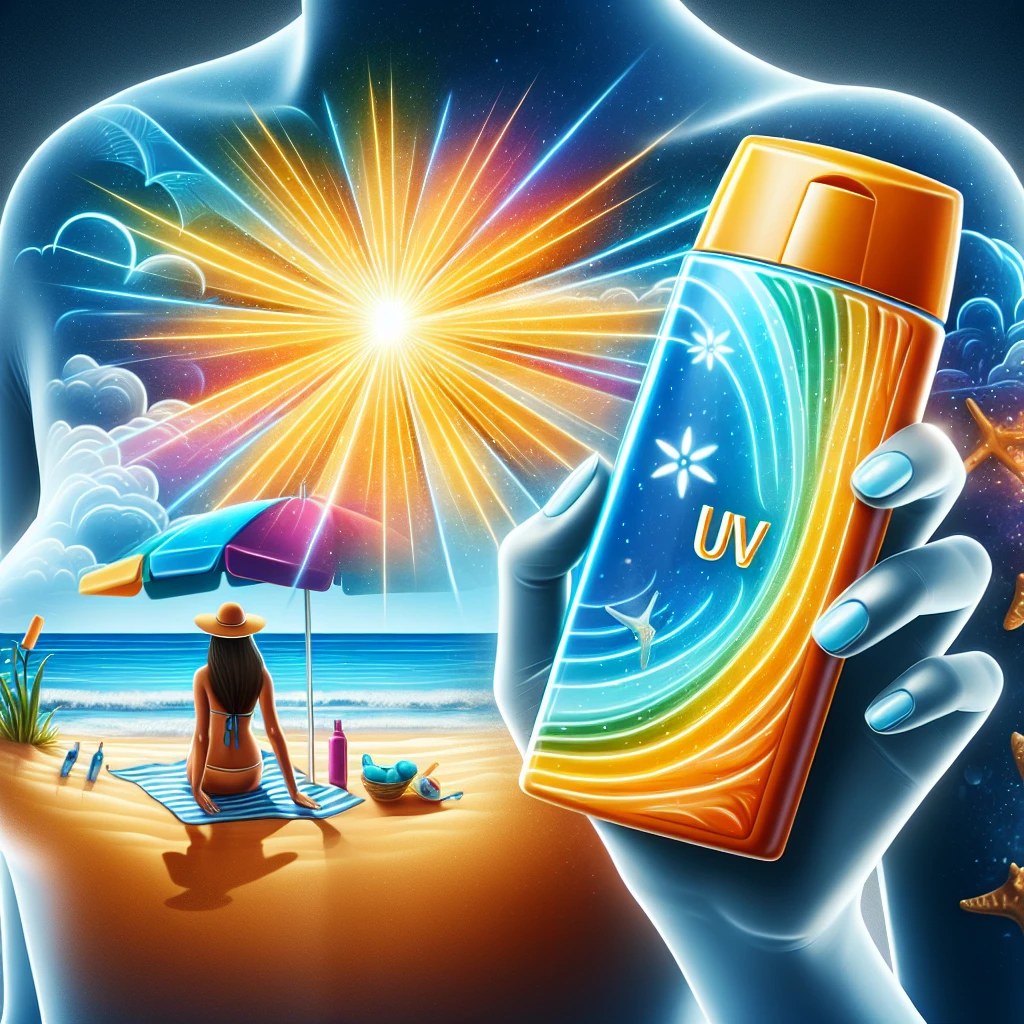Sunscreen, our hidden hero, plays a vital role in our skin care routine for its ability to act as a UV shield. It offers the primary protection against the damaging rays of the sun, which can lead to accelerated skin ageing and skin cancers. However, not all sunscreens are created equal or offer complete protection. In this guide, we will delve into the fine art of being sunscreen savvy, providing you with the knowledge to maintain healthy and glowing skin all year round.
Understanding UV Rays
Most individuals tend to overlook the difference between UVA and UVB rays. Both are harmful, but each carries a different threat. UVA rays, accounting for up to 95% of the UV radiation reaching the Earth's surface, are present throughout the day, penetrate deeper into the skin, and are a primary instigator of wrinkles and age spots.
UVB rays, on the other hand, tend to peak during midday and are primarily responsible for causing sunburn and skin cancers. It is crucial to choose a 'broad spectrum' or 'full spectrum' sunscreen that can shield your skin from both UVA and UVB rays.
Moreover, did you know that up to 80% of UV rays can penetrate clouds? This fact indicates that you should wear sunscreen even on cloudy days for adequate protection.
Selecting the Right Sunscreen
When choosing sunscreen, one of the first things to look for is the Sun Protection Factor (SPF). The SPF designates the level of protection against UVB rays. Dermatologists typically recommend using a sunscreen with an SPF of at least 30.
Furthermore, as we previously mentioned, it's crucial to ensure that the sunscreen is labeled as 'broad spectrum'. This inclusion means that the product will protect against both UVA and UVB rays, thereby offering comprehensive protection.
Last, consider your lifestyle and skin type. If you have sensitive skin, look for a sunscreen that is fragrance-free and hypoallergenic. For those who lead an active outdoor lifestyle, opt for water-resistant options.
Proper Application and Reapplication
Applying sunscreen should never be rushed. Always use enough to generously coat all skin that will be exposed. Most adults need about 1 ounce — roughly the size of a shot glass — to fully cover the body.
One of the main culprits for sunburn is infrequent reapplication. Even if a sunscreen is labeled water-resistant, it should be reapplied approximately every two hours or immediately after swimming or excessive sweating.
Remember, no sunscreen can block 100% of UV rays, and a higher SPF doesn't mean you should spend more time under the sun. Protective clothing, like wide-brimmed hats and sunglasses, along with seeking shade, can also help protect your skin.
Protection against UV rays is a significant part of maintaining healthy skin and preventing skin diseases. Being sunscreen savvy does not only mean choosing the right product — it encompasses understanding UV radiation, selecting a suitable sunscreen, and following the right application routine. Continue to arm yourself with knowledge and remain vigilant in your sun protection routine — your skin will thank you.

Age Gracefully: Mature Skin Care
Delve into the changes that come with aging skin and the best practices to ensure its health and vitality.

Vitamins for Victory: Skin Nutrients
Discover the key vitamins that contribute to skin health and the best ways to incorporate them into your skincare routine.

Exfoliation 101: Clearing the Surface
Dive into the process of exfoliation, uncovering its benefits and learning how to properly exfoliate for brighter, smoother skin.

Skin Hydration: Water vs. Oil
Get insight into the importance of hydration in skincare routines and understand the difference between water-based and oil-based products.
